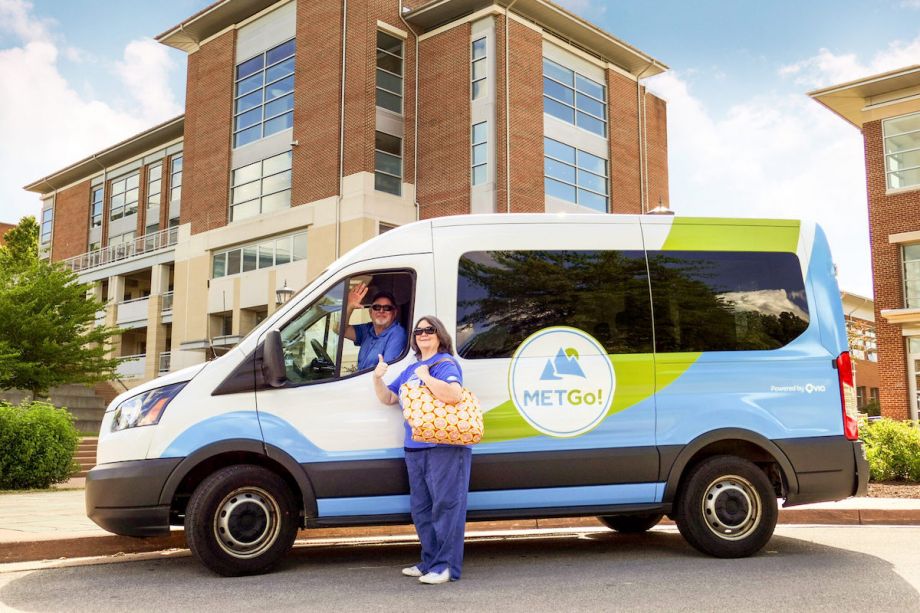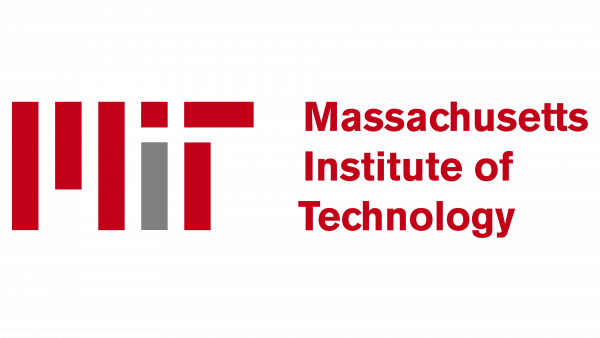This story originally appeared in The Virginia Mercury.
When most people imagine public transportation, the image of a city bus comes to mind but in Virginia, roughly two-thirds of all public transit providers serve rural areas. Whereas many urban dwellers can walk or bike as an alternative to driving, rural residents who don’t drive or lack access to a car are often stranded, especially as rural America gets increasingly older.
Recognizing this growing rural transportation challenge, in 2021 two Virginia transit agencies launched on-demand microtransit services designed to expand their offerings and boost riders’ mobility. Both Bay Transit on the Northern Neck and Mountain Empire Transit in the Southwest saw record ridership thanks to the new service, proving that microtransit could be a cost-effective tool to increase the efficiency of rural transit and close crucial service gaps.
Double the demand
To pay for the two pilot projects, the Department of Rail and Public Transportation (DRPT) applied for an Integrated Mobility Innovation grant from the Federal Transit Administration. After DRPT was awarded $160,000 for the two pilots, Mountain Empire Transit and Bay Transit both launched on-demand microtransit service in June 2021.
Whereas traditional public transportation runs fixed routes on a certain schedule, microtransit offers riders on-demand trips that can be scheduled in advance or booked instantly via a mobile app or phone call. Although such service carries fewer passengers than the fixed routes that run in Virginia’s cities and towns, the efficiency gains for less densely populated areas can be dramatic.
“Sometimes it gets lost in the conversation about transit just how much rural transit we have in the commonwealth,” said DRPT director Jenn DeBruhl. “Folks in our rural communities who don’t own a car or don’t drive can be really cut off from available opportunities. We have seen microtransit really gain traction over the past couple of years to be utilized to help close transit gaps.”
Mountain mobility
Since June 2021, Mountain Empire Transit’s microtransit service (also known as METGo) has provided 55,829 trips to residents of the City of Norton and Lee, Scott, and Wise counties. As some trips carry multiple passengers, the total number of riders on the microtransit service has surpassed 76,000. In 2022, METGo riders comprised 38% of the system’s total ridership, helping Mountain Empire Transit to set a new ridership record.
Lacking any rideshare services in the region, many METGo customers previously had to rely upon Medicaid-sponsored transportation to and from doctors appointments. If they were even eligible. Compared to such services that require riders to book a trip at least 24 hours in advance, with METGo passengers enjoyed an average wait time of just 10 minutes until pickup. The service has been transformational for many community members.
A legally blind veteran can now get out of the house without anyone in his family having to miss work to drive him. A husband and wife living in a homeless shelter, who previously became unemployed each time their work schedules changed, were finally able to hold down jobs long enough to afford an apartment. “It has been a life changer for a lot of people,” said Mountain Empire Transit director Mitch Elliott.
“Most of our population is poor and elderly, and microtransit was the answer to the questions these people have to face every day: ‘Where do I need to go, how do I get there, and how do I pay for it?’” said Mitch. “A lot of times other people make those decisions for our customers and with this service they finally were able to take charge of their lives.”
The fact that Mountain Empire Transit is currently operating totally fare-free thanks to a Transit Rider Incentive Program grant from DRPT has also been a big boon to the service’s success.
“$1.50 for a trip doesn’t sound like a lot of money, but if you’re working minimum wage or you’re trying to feed your family, $3 a day is a lot of money,” said Elliott. “I can understand the concerns of public transit being free in systems with millions of riders, but it costs us more to do all the paperwork and collecting than the 3% of revenue we would make off fares. We’re changing people’s lives and how they get around being free.”
Elliott hopes the success of the METGo service and the ridership data DRPT has been collecting is enough to convince city and county leaders to invest in keeping the system zero-fare. The impact of microtransit so far has already earned Mountain Empire Transit a $52,000 grant to expand service to a community college in Big Stone Gap and an industrial park in Duffield.
Addition, not subtraction
In the Northern Neck, Bay Transit eliminated two underperforming fixed routes that served the Gloucester County courthouse and replaced them with the Bay Transit Express-branded microtransit service. The result was a 222% increase in ridership compared to the cut routes. The pilot has proven a win-win, according to Bay Transit director Mike Norvell.
“It’s a great marriage of technology, drivers, and vehicles,” he said. “Our microtransit service is much better utilized, our operating costs are substantially lower, and customer satisfaction is through the roof. Now, just like if you were riding an Uber or Lyft, our riders rate their experience immediately, and we are averaging 4.9 out of 5 stars.”
The county is similarly so satisfied with the pilot project that the service is now being paid for via a combination of regular operating dollars and a matching grant from the locality. Norvell and his team are now working out whether two other underperforming routes – the Rivah Ride in Tappahannock and the Paper Trail in West Point – could potentially be replaced with an expansion of the Bay Transit Express to those areas. They also hope to expand the service to Kilmarnock where there is currently no fixed route.
Bay Transit has already completed one expansion of their service zone to include the territory between the courthouse and the Virginia Institute of Marine Science, causing the average wait time for microtransit rides to creep up to 15 minutes from just 10. In the Northern Neck, the biggest barrier to further expansion isn’t a shortage of operators, as the vans don’t require a commercial driver’s license to operate; it’s a vehicle backlog.
“The only pinch point we have right now is the same problem all transit agencies have: supply chains are still messed up so it’s hard to get the vehicles we need,” explained Norvell. “If the vehicles were coming in like we need them to, then we would have already expanded this service outside of Gloucester County. Supply chains are the only fly in the ointment.”
A model for the masses?
Federal funding for the 18 month-long pilot projects ended in December; however, the demand for microtransit in both regions has been so strong that DRPT awarded the agencies demonstration assistance in order to keep the services running and to collect more data on the efficacy of such rural service expansions.
“Finding the right places to put in a microtransit solution is something that we are really encouraging our transit partners to look at,” said DeBruhl. “Doing these pilots, documenting what we’re learning from them, and being able to share that with other transit agencies around the state is really important for us to help look for cost-effective, efficient ways to increase service and help eliminate service gaps.”
Hampton Roads Transit conducted a microtransit pilot up until February. Richmond’s GRTC is set to launch one later this year. Charlottesville Area Transit is running their own pilot. Harrisonburg recently completed a microtransit feasibility study and is expected to apply for state funding. Both Danville and OmniRide already offer on-demand service without any external financial assistance.
Although nationally some public transit agencies were initially reluctant to embrace microtransit out of a fear that the success of on-demand services would lead to calls for cuts to existing fixed routes, DeBruhl is eager to assuage such concerns.
“We don’t want to see microtransit come in and replace well performing transit routes as a methodology to cut costs, but what we do see is microtransit has a real place in replacing fixed routes when they are underperforming,” she said.

Wyatt Gordon is a born-and-raised Richmonder with a master’s in urban planning from the University of Hawai‘i at Mānoa and a bachelor’s in international political economy from the American University in Washington, D.C. He currently covers transportation, housing, and land use for the Virginia Mercury. He also works as a policy and campaigns manager for land use and transportation at the Virginia Conservation Network. Wyatt is a proud Northsider you can find walking, biking, and taking the bus all over town.








